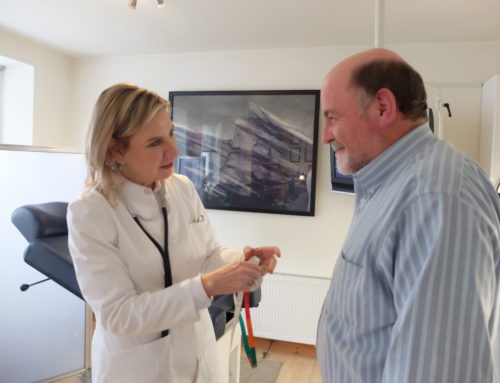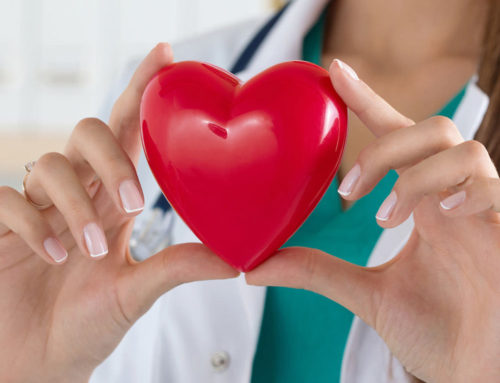Endometriosis Awareness Month
Dr. Beatrice Neufeldt highlights March as Endometriosis Awareness Month.
Knowledge is power and educating yourself on women’s health is something the team at the Personal Medical Clinic encourages. Being your own health advocate and getting all of the answers can be a job in itself but it helps you to feel confident that you’ve been accurately diagnosed rather than feeling confused and doubtful. It will make decisions easier and you will be confident that the treatments recommended are the best option for you.
More and more research has been done to determine if diagnosing and treating endometriosis early on will help with the quality of life of sufferers while preserving their fertility for the future. Endometriosis is often misdiagnosed. Endometriosis is known as the “unknown illness”, it affects millions of women worldwide. Endometriosis is the development of uterine-lining tissue outside the uterus (womb). Most women who have been diagnosed with endometriosis find that it can affect their fertility later on in life. Endometriosis is a common gynecological diagnosis and mostly diagnosed between the ages of 25 to 35. If you are experiencing pain and heavy periods monthly tell your doctor. Detecting and treating endometriosis early can help with the future of your fertility.
Obstacles in Diagnostics:
Should you suffer from the time of your very first menstrual cycle, you might grow up believing that this is the way you are supposed to feel. Some young girls experience pain, heavy bleeding for longer than seven days and cannot function during this time and find that it affects their everyday life. Then when they are in their 20’s, they still think that this is the way they are supposed to feel. Sometimes we choose to ignore symptoms and choose not to tell our doctors. This is why it is important to continue raising awareness and educating the public.
Symptoms of Endometriosis
The most common symptom of endometriosis is pain. Other symptoms might include:
- Pelvic or low back pain that may occur at any time during the menstrual cycle
- Lower abdomen pain before and during menstruation
- Painful periods
- Cramps for a week or two before menstruation and during menstruation; cramps may be mild to severe
- Pain with sexual intercourse; during or following
- Bowel movement pain
- Blood in urine
- Blood in faeces
Symptoms, treatments and outcomes might vary due to individual severity of endometriosis. While many women will relate if they have endometriosis, like anything else it is not advisable to compare your symptoms, diagnosis and treatment as your situation is unique. This will help you stay on track other than thinking that all outcomes are the same. Some women might experience no pain at all, while some women might have severe pain.
Aspects of Treatments:
The combined oral contraceptive pills can help to prevent or slow down the development of the endometriosis. This sometimes masks the endometriosis. Other medication suppresses the hormone production and is sometimes used to treat symptoms. Some patients might need pain killers depending on the severity of the pain. Endometriosis is a long lasting illness and in sometimes surgery is recommend. Laparoscopy (keyhole procedure) is also a plan of action in some more severe cases, which removes the endometrial cells with a few small incisions (cutting) or by cauterisation (burning). This does not remove it forever and symptoms can reoccur which might lead to more surgeries.
Join other women during Endometriosis Awareness Month by getting the facts and continue to raise awareness for an illness that millions of women live with it every day.
You can always contact the Personal Medical Clinic for further information. We are here to help you.


